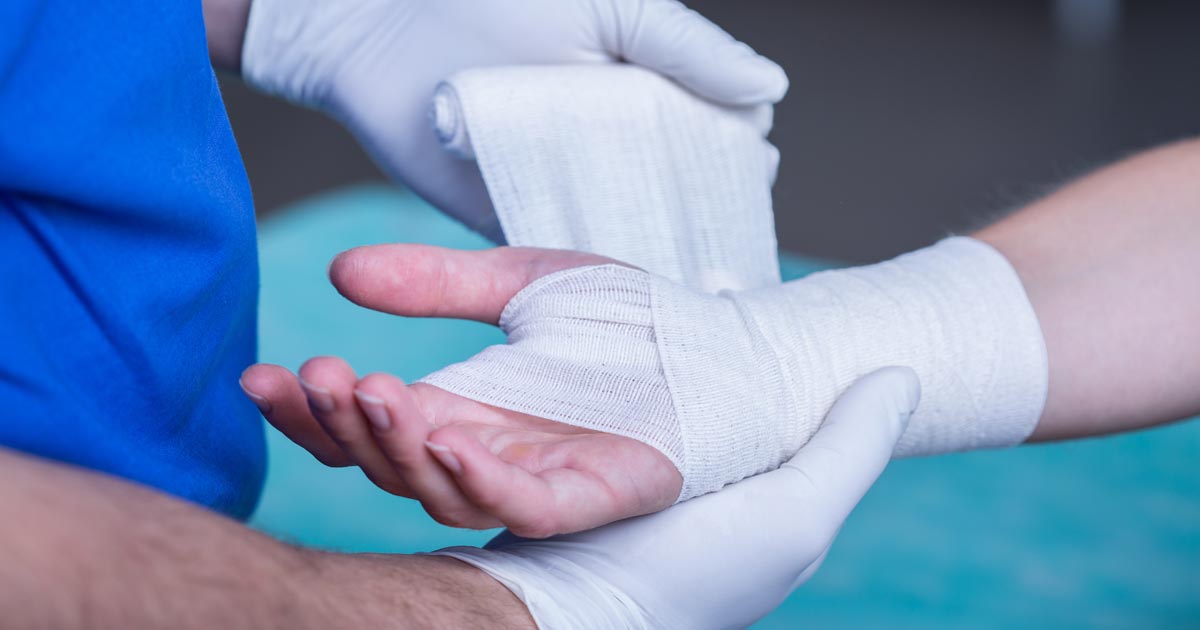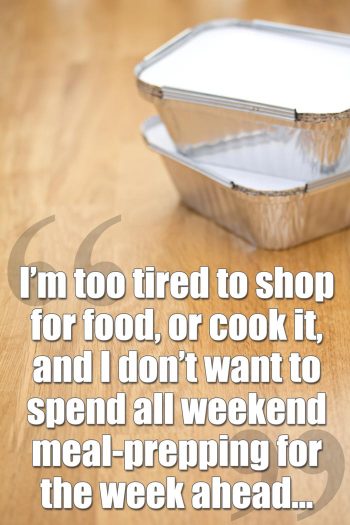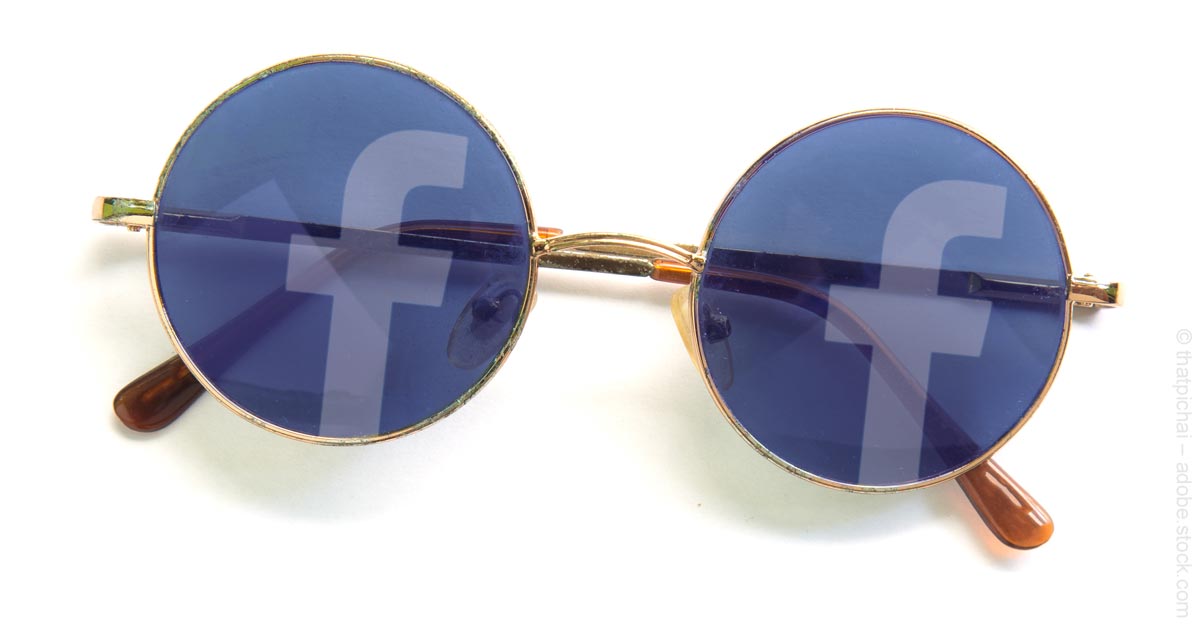It’s surprising how much we rely on the internet and associated technologies. In fact, you don’t quite realise how much it helps until you find yourself without it.
I experienced a weird widespread internet fault. I’m not sure if it was localised to to my geographical area, but, for a few hours, neither my mobile data would work on my phone or the internet on the practice computers (although I’m not sure if they were just being their usual painstakingly slow dinosaur selves) – even the clients were commenting there seemed to be a data blackout.
Regardless, it made my consulting morning surprisingly more challenging.
First appointment
Repeat aglepristone injection for mismating
I go to check the protocol as I know the timings are different to when given for pyometra. The BSAVA app crashes four times on opening before I accept defeat and find a bound copy of the formulary.
I then realise things are listed by drug name rather than brand name and draw a blank. I try to open the NOAH website on the consult room PC, but this inevitably crashes the internet browser. Of course it does.
Suddenly the name aglepristone is dragged from the depths of my brain and I leaf through the formulary once more. That wastes nearly the whole appointment time before I even manage to find the drug, draw it up and give it.
Second appointment

Potential re-admit from the previous day
The computer freezes while trying to print consent forms. Luckily it’s a fairly straightforward admit for fluids/treatment and the client knows the drill. I hand over to the ops vet and leave her to work out doses.
Third appointment
A transfer from the out-of-hours provider
After skim reading the long history (that consists mainly of numerous phone calls back and forward as to whether the owner could get the collapsed dog in the car), I finally get to the point and call the client in.
The dog is bouncing and back to normal, apart from a stonker of a heart murmur. Cardiology is not my strong point and after a lengthy discussion about starting medication, and much faff flicking through the compendium trying to remember various side effects, I manage to convince them to trial medication.
Fourth appointment
Vaccination
Yay, no formulary needed.
Fifth appointment
Medicine check
One client thinks her dog has gained weight since being prescribed a particular medication. I highly doubt this is the cause of weight gain, but say I will quickly (or not so) check the data sheet.
I reach for the NOAH Compendium (when I manage to locate a paper copy) rather than the formulary, because I can’t for the life of me spell the active ingredient. On skim reading the page, can’t find anything about weight gain or appetite, but it’s not as clear cut as the lovely “clinical particulars” or “contra-indications and adverse reactions” tabs on the website. I close the book.
The client seems to be in a rush, but wants to discuss lowering the dose (are you serious? Could you have not said that while I had the page open?). I flick through and eventually find the page again, and work out the dose as they’re practically running out of the door.
Sixth appointment
Pregnant bitch
The owner asks about worming and once again I leaf through the compendium to find the protocol, only to realise we don’t have that formulation in stock.
Of course I’ve shut the book – but, before I find the right page again, one of the fantastic receptionists has materialised a bottle from somewhere and is flashing the data sheet in front of me for reference.
Seventh appointment
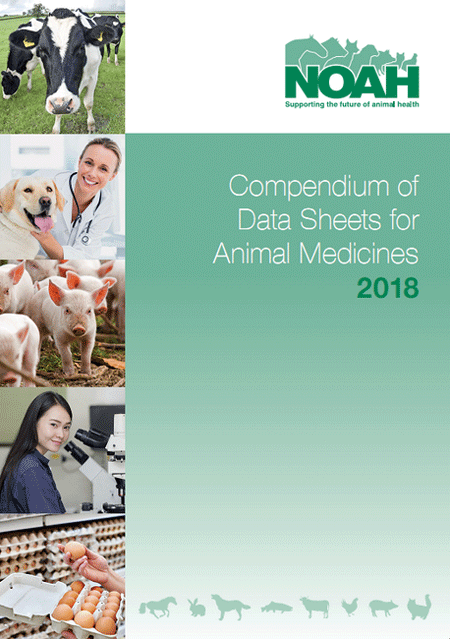
Dog bitten by a ferret
Small wound, possibly infected, but the dog is very wriggly. I prescribe Amoxyclav – one of the few things I instinctively know the dose of – and meloxicam (definitely no books required to work out that dose).
Eighth appointment
Puppy diarrhoea
Can you give young puppies probiotic paste? Back to the book…
It’s not listed in the compendium, and the box doesn’t indicate a minimum age – normally I would check the product website… Sigh. I search for the other vet to ask what feels like the 100th stupid question today. So it went on…
No time to lose
The point is, I didn’t realise quite how much using the internet on my phone sped up my consults. A 10-second search on an app turns into a couple of minutes leafing through a book for a drug dose. When your consults are only 10 minutes, that extra couple of minutes in each one adds up and very quickly I found myself getting behind, and, therefore, more stressed.
I can’t retain numerous drug doses in my head – or at least don’t trust myself to rely on memory for many of them except the most common ones – so maybe this dependence on technology is more of an issue for new grads than more experienced vets who seem to be an encyclopaedia of drug doses.
I was thankful this hadn’t happened on a large animal day – as someone with a terrible sense of direction, I would definitely have been stuck in the middle of nowhere with no Google Maps to get me home.



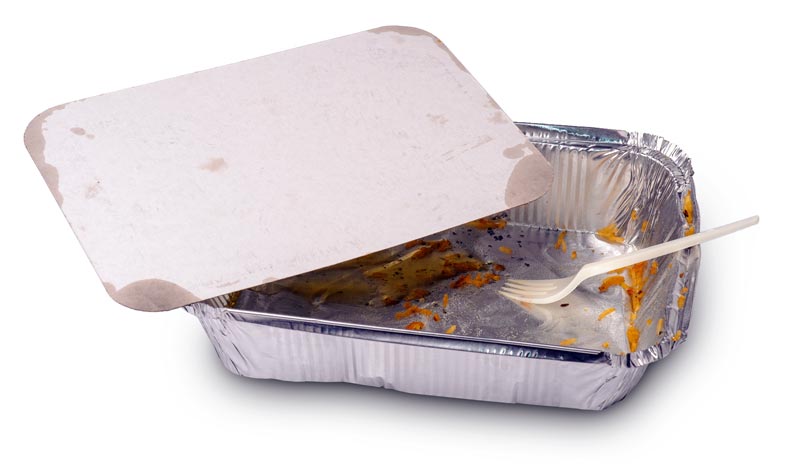



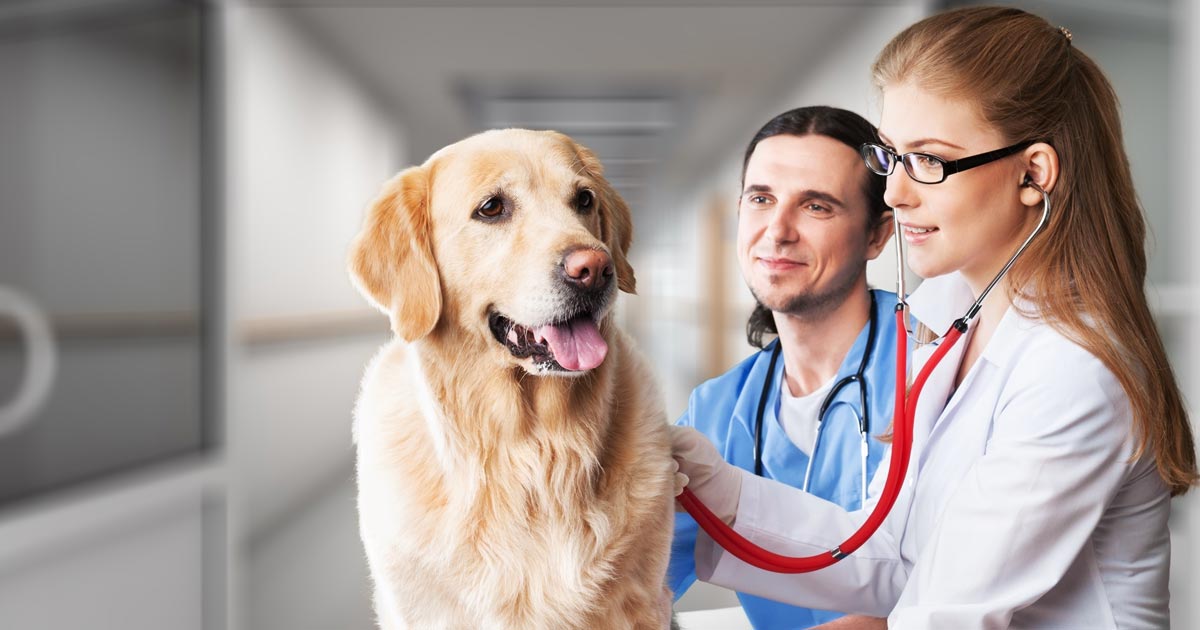
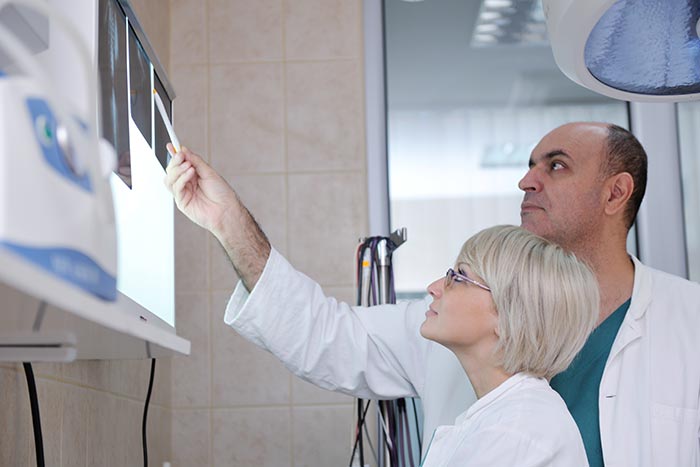




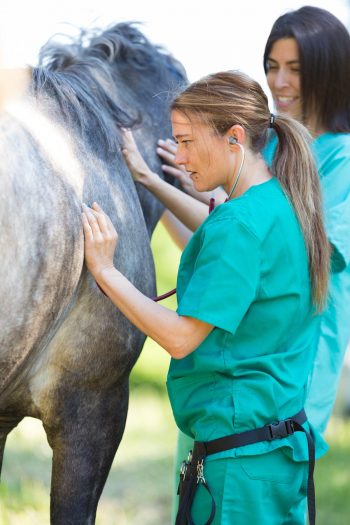


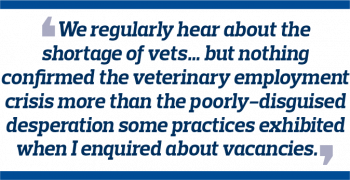 But I did know how to consult, interact with clients, break bad news, and offer and carry out euthanasia with the client in the room. These are the things you don’t really learn until you qualify; the small things that make a difference between being a startled- looking graduate in your first week being asked “is it your first day?” by a client, and a recent graduate who can give a calm impression of confidence and knowledge (even when you’re a little unsure).
But I did know how to consult, interact with clients, break bad news, and offer and carry out euthanasia with the client in the room. These are the things you don’t really learn until you qualify; the small things that make a difference between being a startled- looking graduate in your first week being asked “is it your first day?” by a client, and a recent graduate who can give a calm impression of confidence and knowledge (even when you’re a little unsure).